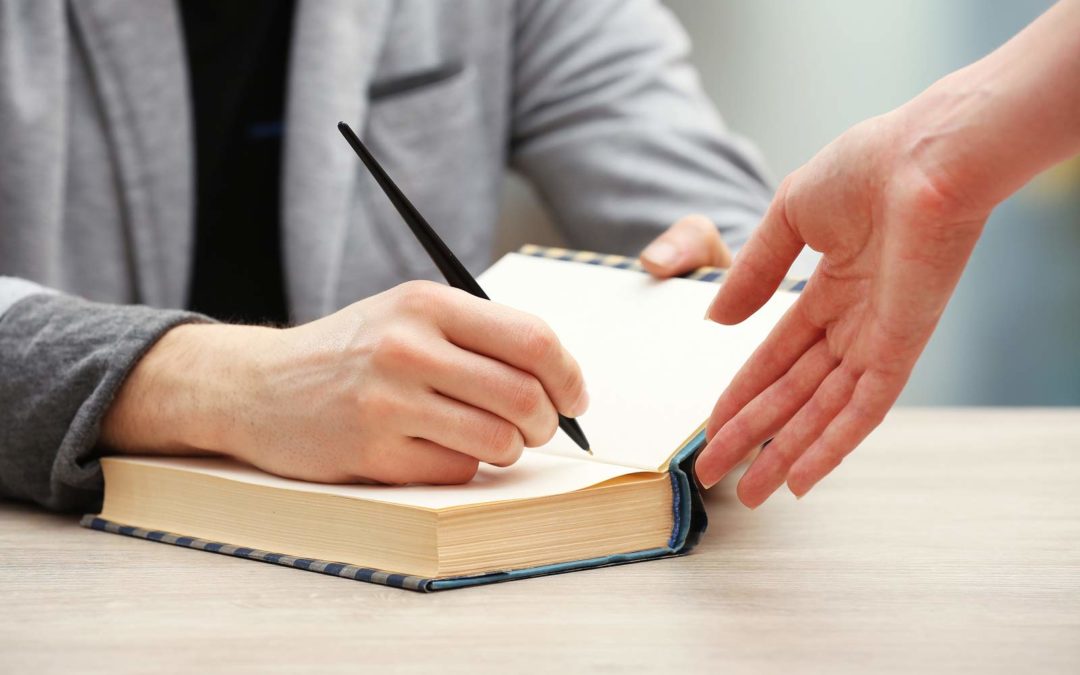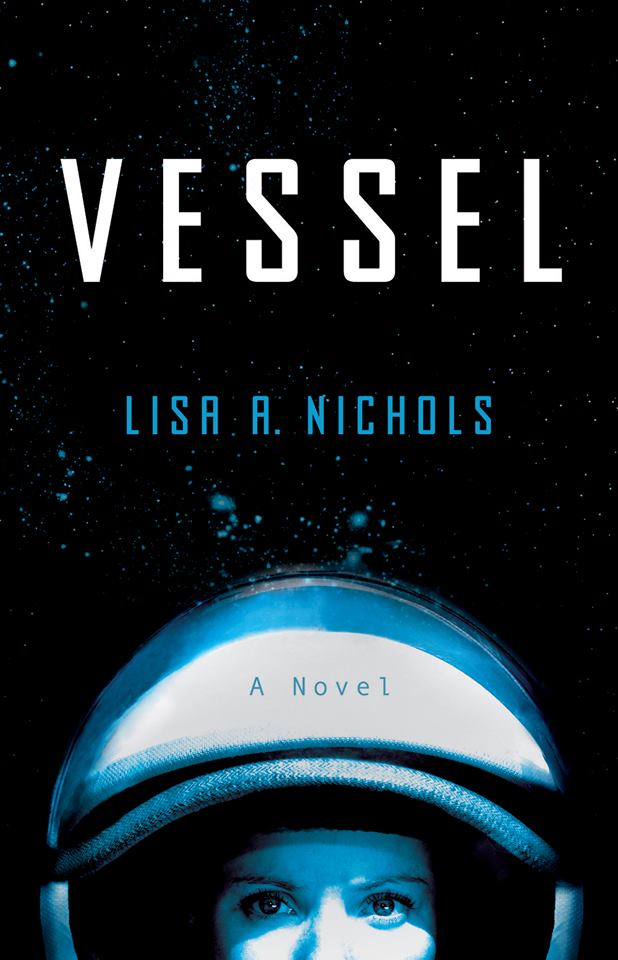“I have learned that the kindness of a teacher, a coach, a policeman, a neighbor, the parent of a friend, is never wasted. These moments are likely to pass with neither the child nor the adult fully knowing the significance of the contribution. No ceremony attaches to the moment that a child sees his own worth reflected in the eyes of an encouraging adult.”
— Gavin de Becker, The Gift of Fear
The summer before 7th grade, I wrote my very first story, longhand in one of those black and white composition notebooks. I was eleven years old, and I was writing fanfic before I knew what fanfic was. The story–I will spare you the title, as it embarrasses me to this day–was about a high school rock band that gets discovered by my then-most-favoritest-band-in-the-world, Journey (it was 1983, and everybody else loved Duran Duran, but not me!), and gets catapulted to stardom. I had everything! My 16 year-old heroine had a smart best friend, a cute, loving boyfriend–both in the band with her. I had comic relief in the form of the band’s drummer. I remember doing actual research about San Francisco to try and find locations where the story might take place. The story ends with our heroes hearing their first single on America’s Top 40 (which way back then was still a radio show hosted by Kasey Kasem). I was so pleased with myself, and excited. I had written an entire story. All by myself. Heck, I even envisioned two sequels: the second dealing with the pitfalls of fame (the drummer was going to *gasp* develop a drug addiction!) and the third dealing with settling into their awesome new lives years later. (I apparently have always wanted to write series.)
When school started that fall, I kept writing. I wrote a science fiction story set in a dystopia where science ruled and any form of magic was banned (I’m fairly certain this idea came from something I’d read), and of course, the hero had ESP and had to hide it. He was discovered (also of course), and Terrible Things happened to him… but at the end the hero woke up and discovered IT WAS ALL A DREAM, and went outside to see his neighbors openly using magic. I also made what was, in hindsight, an attempt at comedic urban fantasy. For some reason, the phrase “west Texas fairy godmother” had popped into my head and I thought it was funny. (I… actually still do.)
I didn’t show any of this to anyone. My parents were both very practical people, and didn’t understand my intensely involved inner life of books and daydreams and stories. They knew I spent a lot of time scribbling in my composition book, and that I was “writing stories”, but never asked about them. I had some friends at school, but no one I really trusted with something this important to me. Just taking the notebook with me to school was fraught. I was badly bullied in middle school, and I was terrified one of my bullies would find my notebook.
But my English teacher that year, Mrs. Haines, seemed super cool and I was desperate for any sort of affirmation about my writing. So I approached her one day after class and told her that I wrote stories, and would she mind reading one of them? She said she’d love to, and I handed her my precious composition book and told her about the first story.
I don’t remember how long it took her, but I was on tenterhooks the whole time. Would she like it? Would she laugh at me? Finally one day after class, she gave me back my notebook with a big smile. She’d read everything. The whole notebook. I don’t remember exactly what she’d said–I wish I did–but she made it clear that she thought writing was a fantastic thing to do, and that I should keep doing it.
I’m heartbroken that somewhere along the way I lost that composition book–not just for the stories, but because she made notes here there, mostly encouraging reactions, pointing out good things. A few grammar corrections–she was my English teacher after all. I still am drawn to those black and white composition books–I have several even today, with notes and snippets of stories scribbled down.
Mrs. Haines’ reaction reassured me that I wasn’t weird for wanting to write down stories. She made me think that maybe I might even… be good at it.
The first time I realized books happened because someone wrote them, I was five years old, and already an avid reader–I was tearing through the Little House books. I asked for and got a typewriter for Christmas because I told my parents I wanted to “make books.” Books weren’t handwritten, you see. I needed to type them. (My mom–see above, very practical–thought learning how to type would be a good job skill.)
That fall when I was eleven, though, that was the first time I really started thinking I wanted to be someone who wrote books. That was the first time I saw there might be something special in me, something unique and valuable.
Since I started thinking about this, I’ve been trying to find a way to contact Mrs. Haines, to let her know what she did for me, and how she changed my life. No luck yet, but if I manage it, I will post an update.
Did you have a Mrs. Haines in school? What did they do for you?


